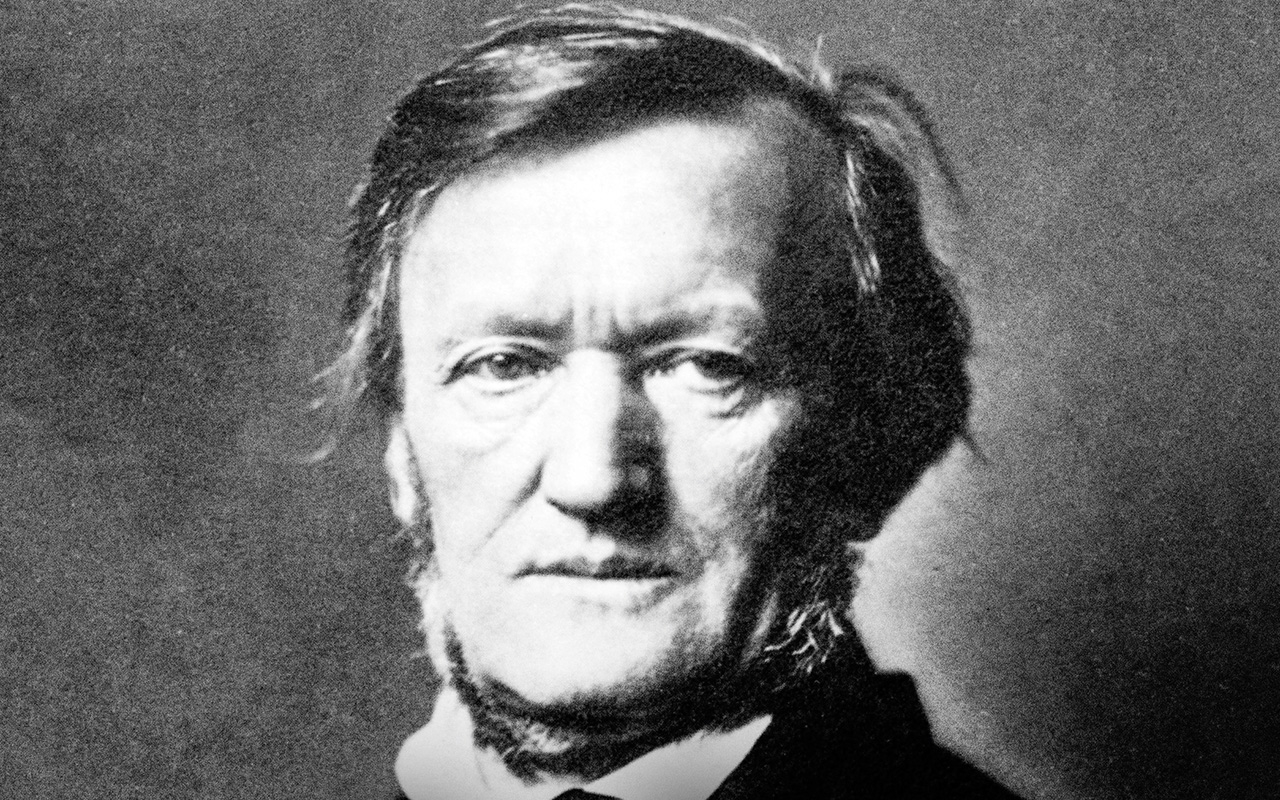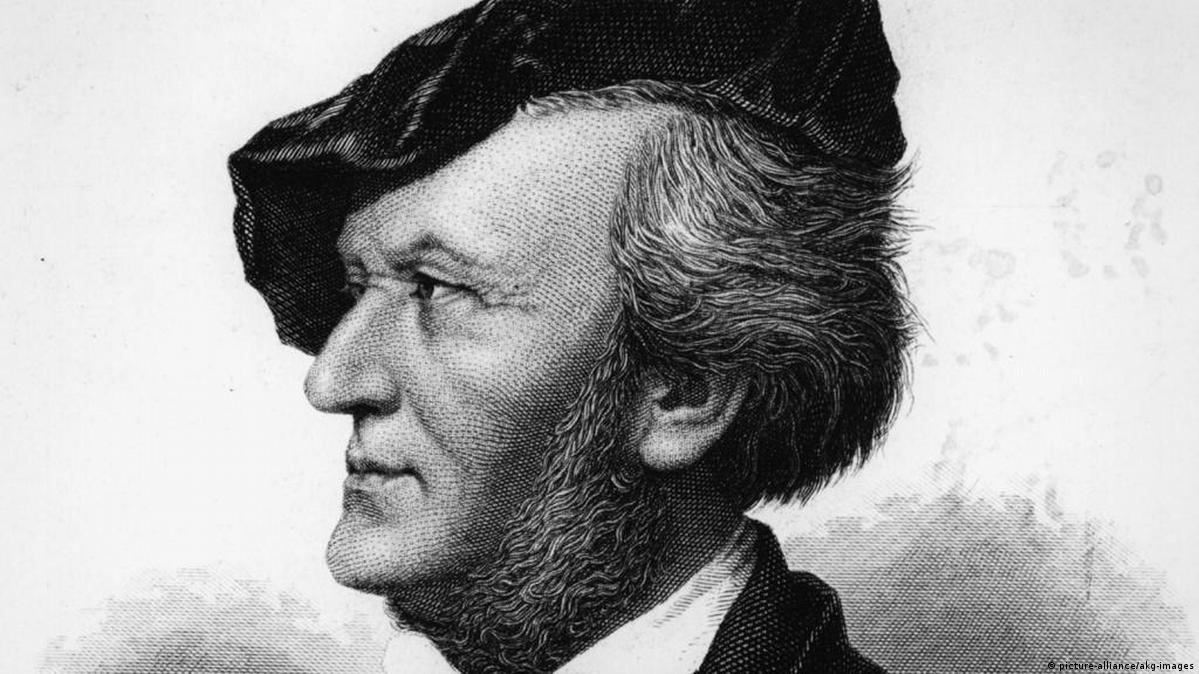Richard Wagner, one of the most influential composers in the history of classical music, was born on May 22, 1813, in Leipzig, Germany. He was the ninth child of Carl Friedrich Wagner, a police actuary, and Johanna Rosine Wagner. His childhood was marked by a turbulent family life, with his father's death when he was just six months old and his stepfather's subsequent death when he was seven.
Despite the challenges of his early years, Wagner showed an early aptitude for music. He began studying piano at the age of eight and composed his first opera, "Die Laune des Verliebten" ("The Infatuated Lover's Caprice"), at the age of 13. However, it wasn't until he reached his twenties that he began to seriously pursue a career in music.
Richard Wagner was a prominent composer of the 19th century, known for his influential contributions to opera and his complex, often controversial, personal and artistic life. Here are ten interesting facts about this iconic composer:
1. Early Musical Talent: Richard Wagner was born on May 22, 1813, in Leipzig, Germany. His musical talent was evident from a young age, as he began composing when he was just 7 years old.
Richard Wagner, a prominent German composer, conductor, and theater director of the 19th century, is widely regarded as one of the most influential figures in the history of classical music. Known for his grandiose operas and innovative musical techniques, Wagner's compositions continue to captivate audiences worldwide. In this blog post, we delve into the world of Wagnerian music and explore the 10 best songs that showcase his brilliance as a composer.
Richard Wagner, the renowned German composer, conductor, and theater director, left an indelible mark on the world of music with his monumental works and innovative artistic vision. However, beyond his musical genius, Wagner's life and personality were riddled with fascinating curiosities that add a layer of intrigue to his already captivating legacy. Join us on a journey as we explore some lesser-known aspects of Richard Wagner, shedding light on the enigmatic man behind the timeless compositions.
Richard Wagner's passion for music blossomed at an early age. Growing up in a theatrical family, he was exposed to the arts from the start. Although his father died when he was just a child, the young Wagner found solace in music, teaching himself to play the piano and composing his first pieces. His talent caught the attention of his family, and he received formal musical training at the Leipzig University and later at the Dresden University of the Arts.

